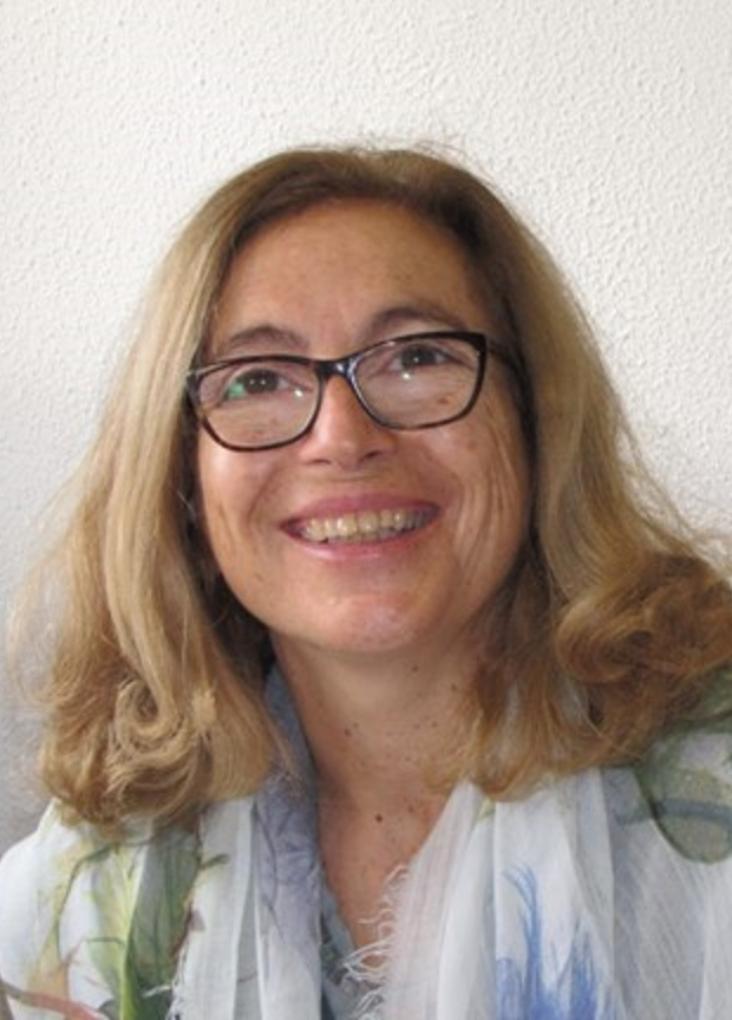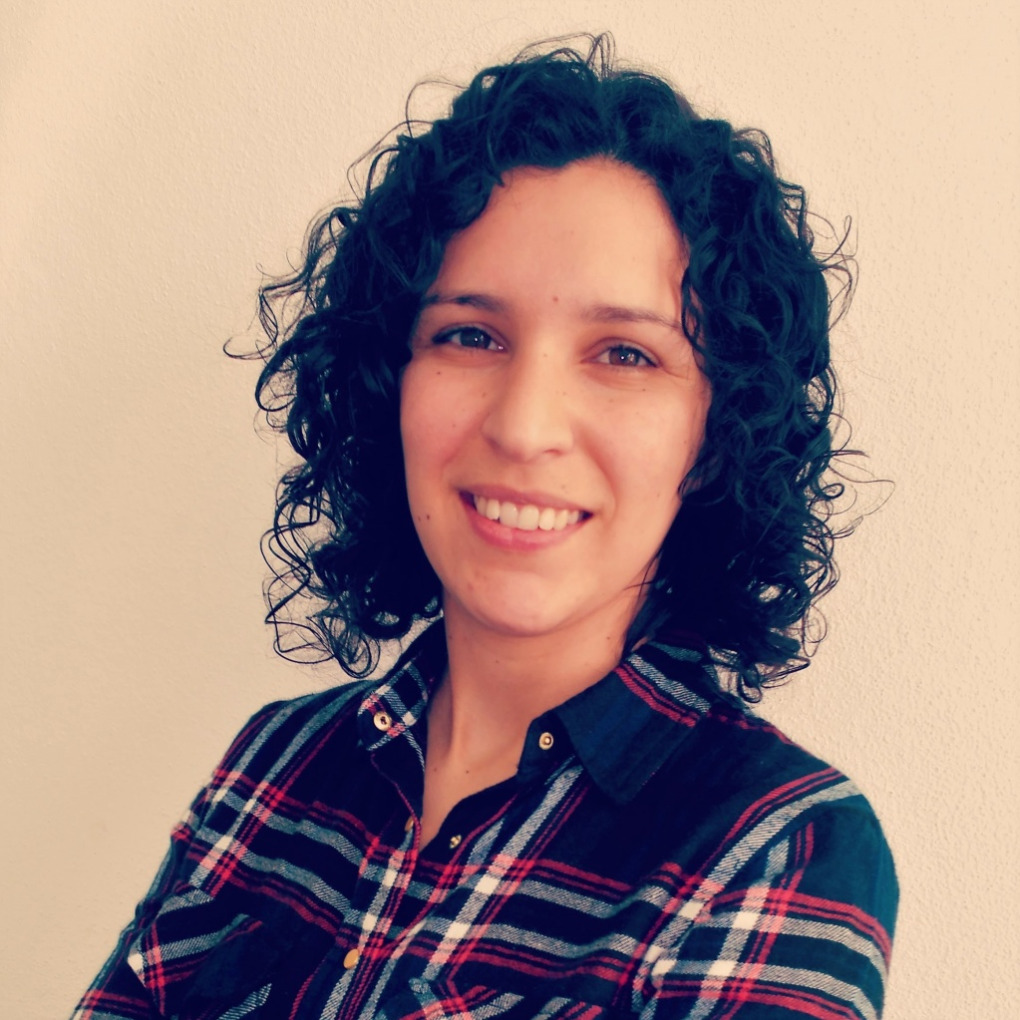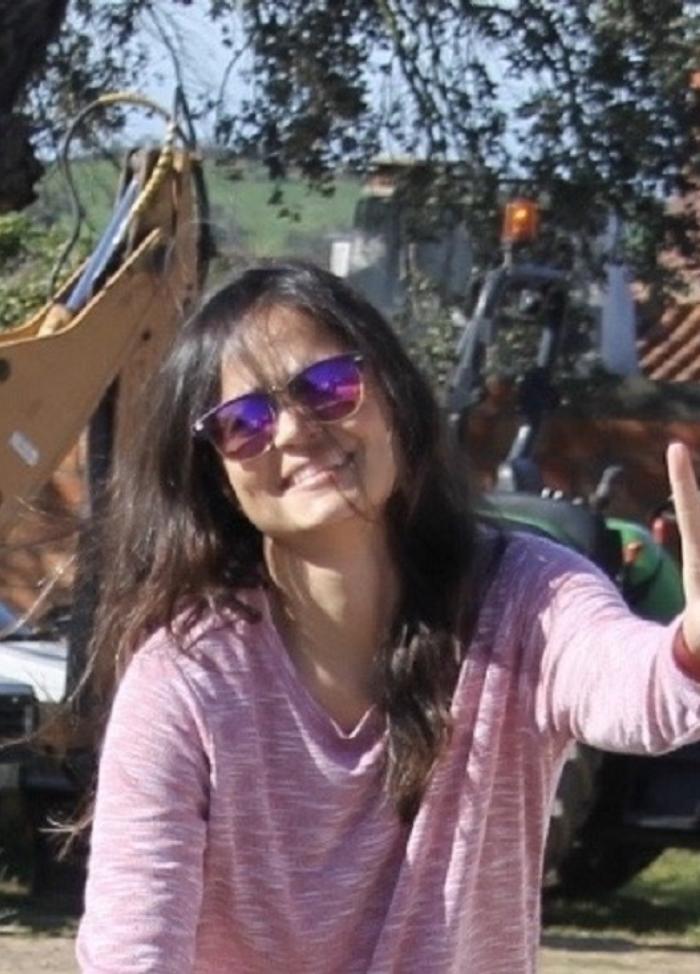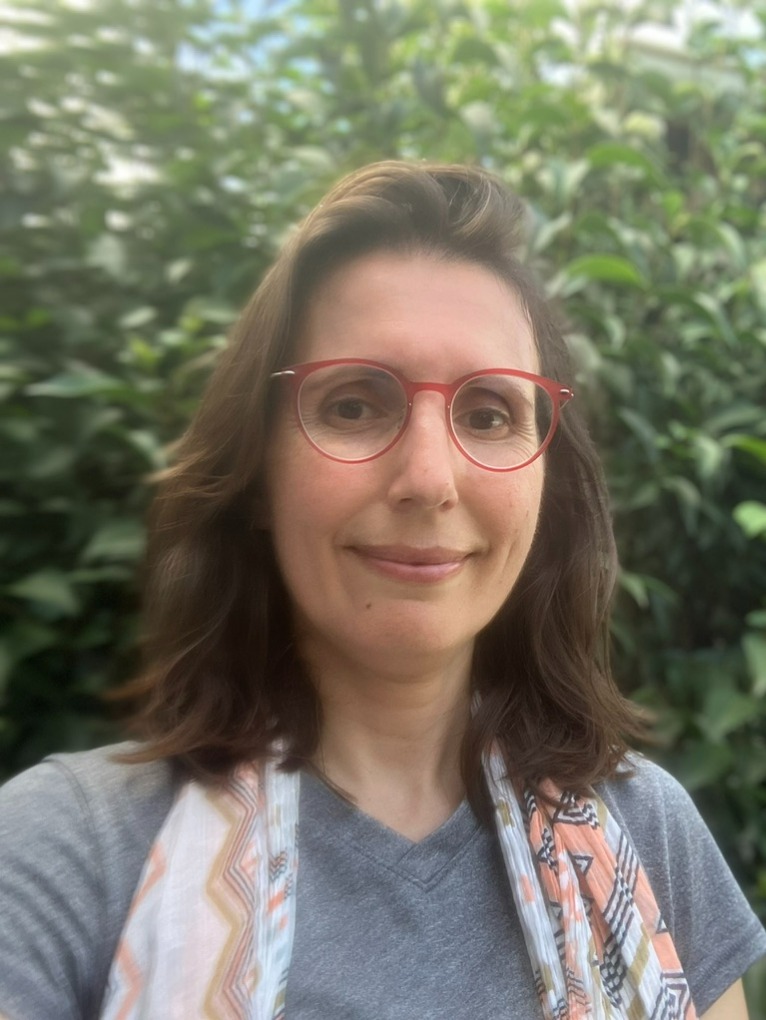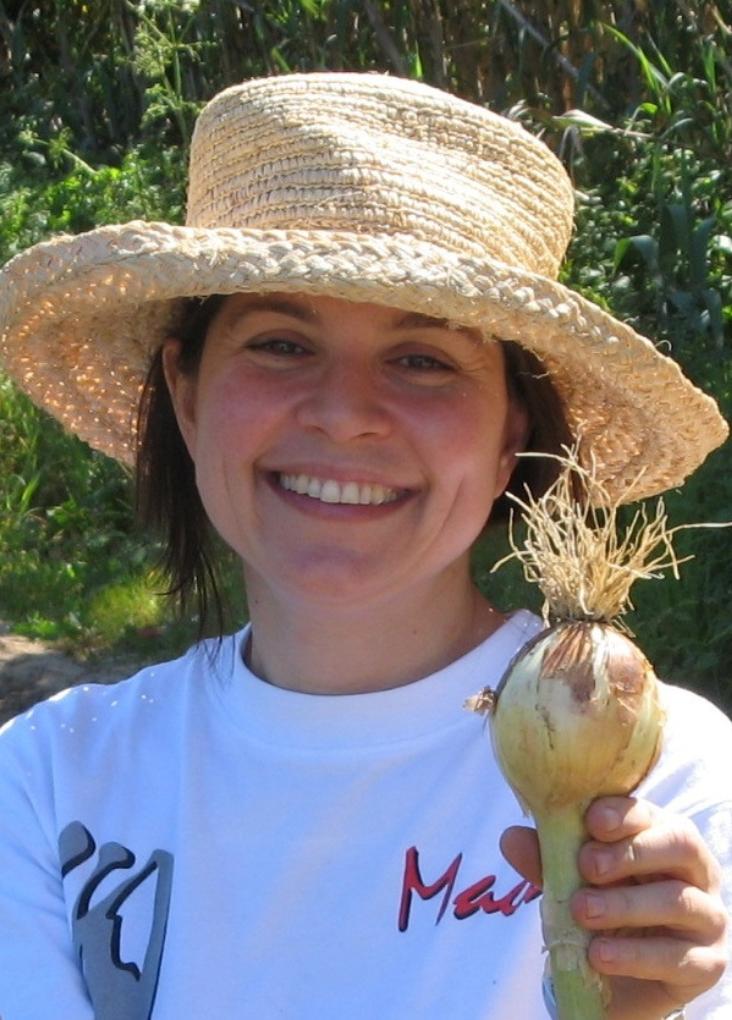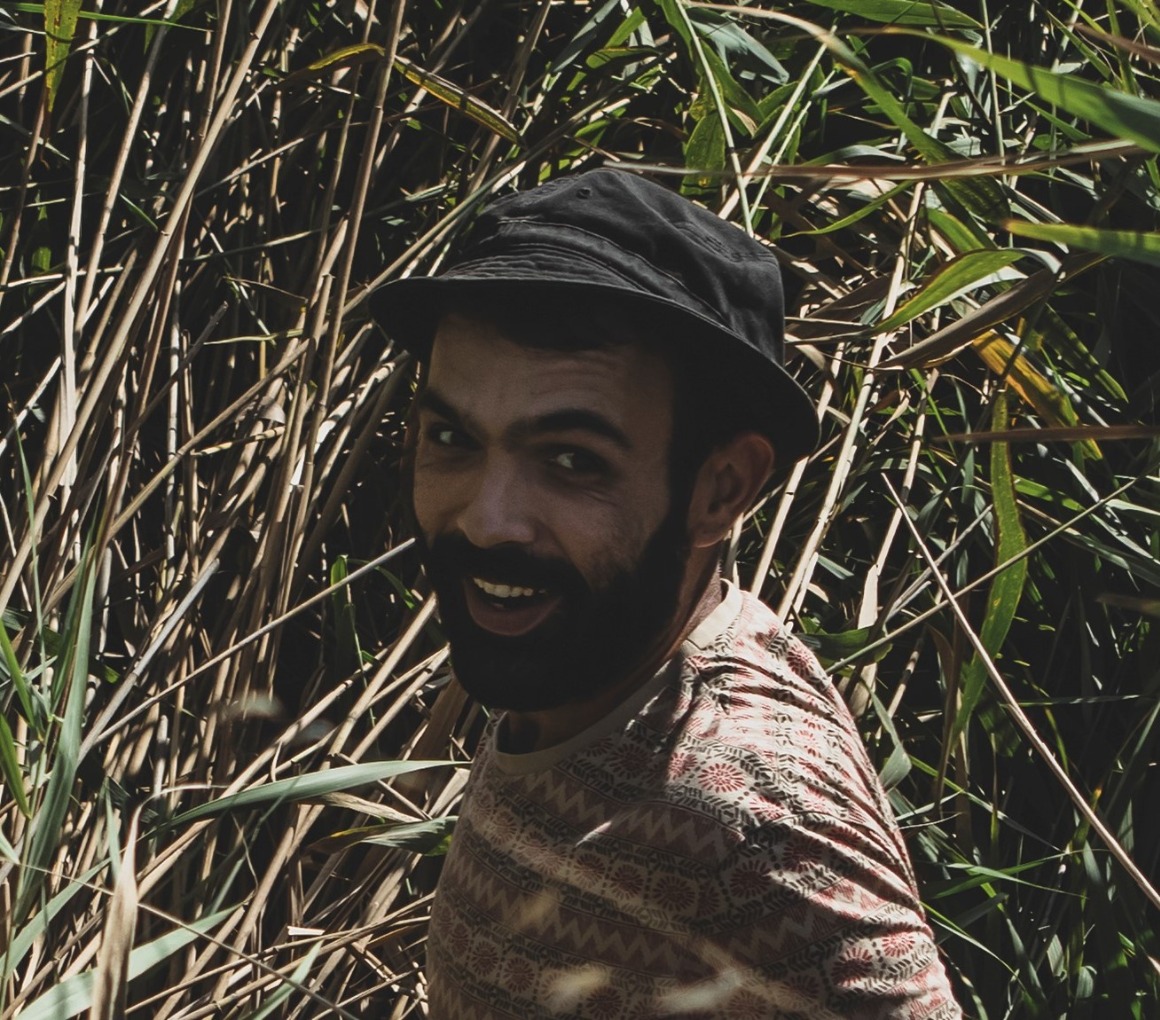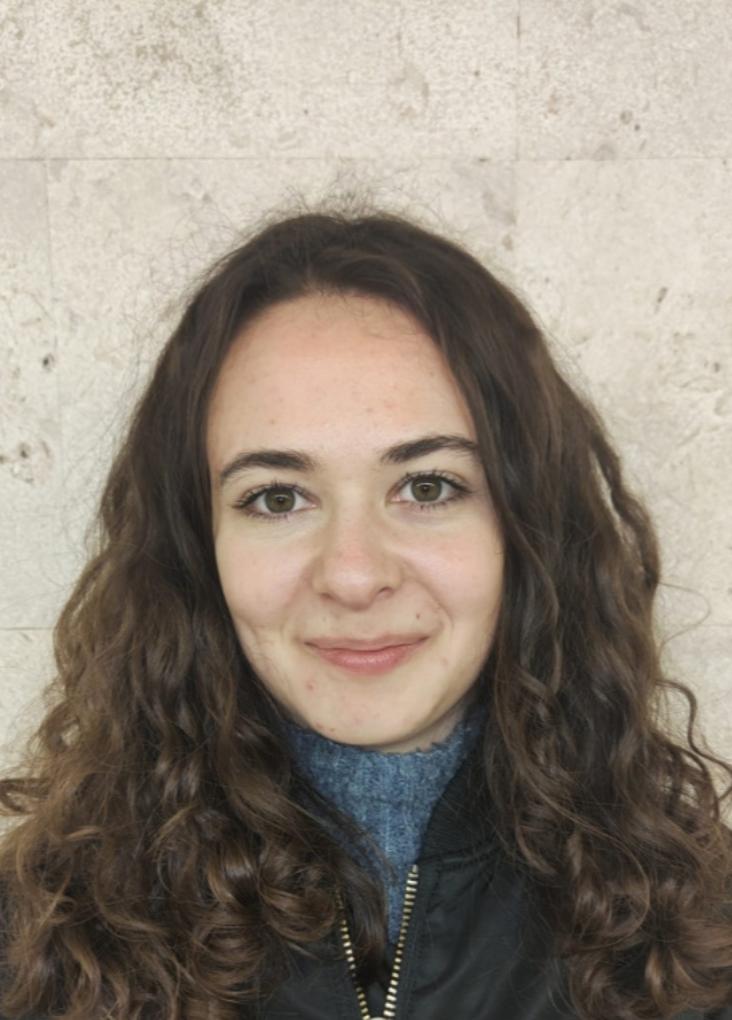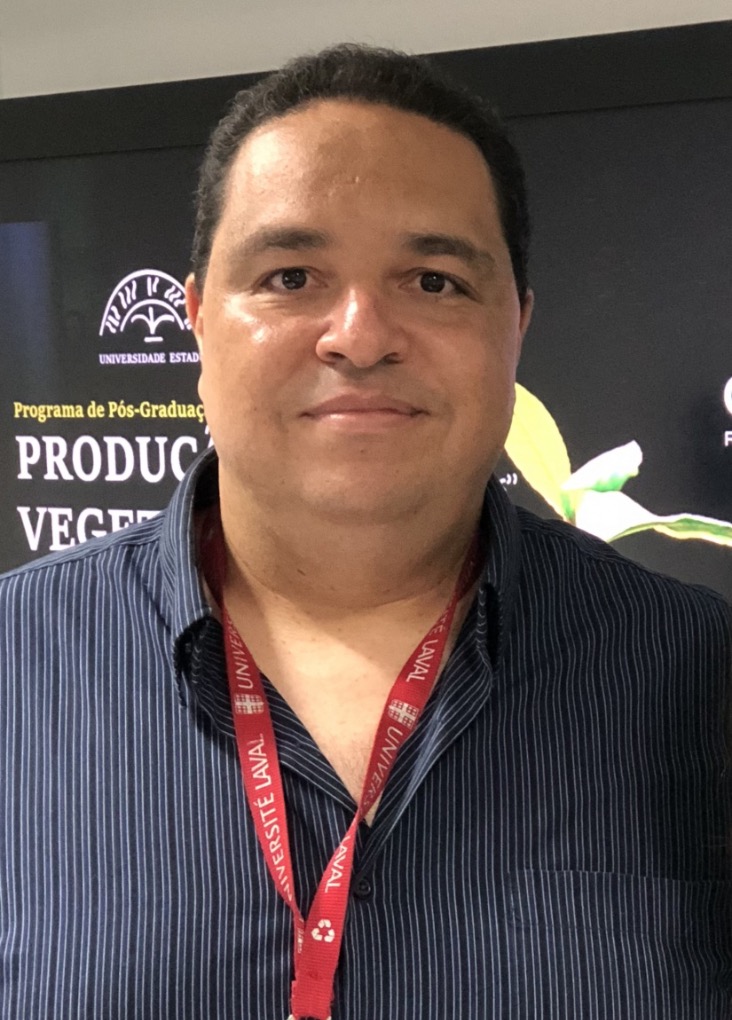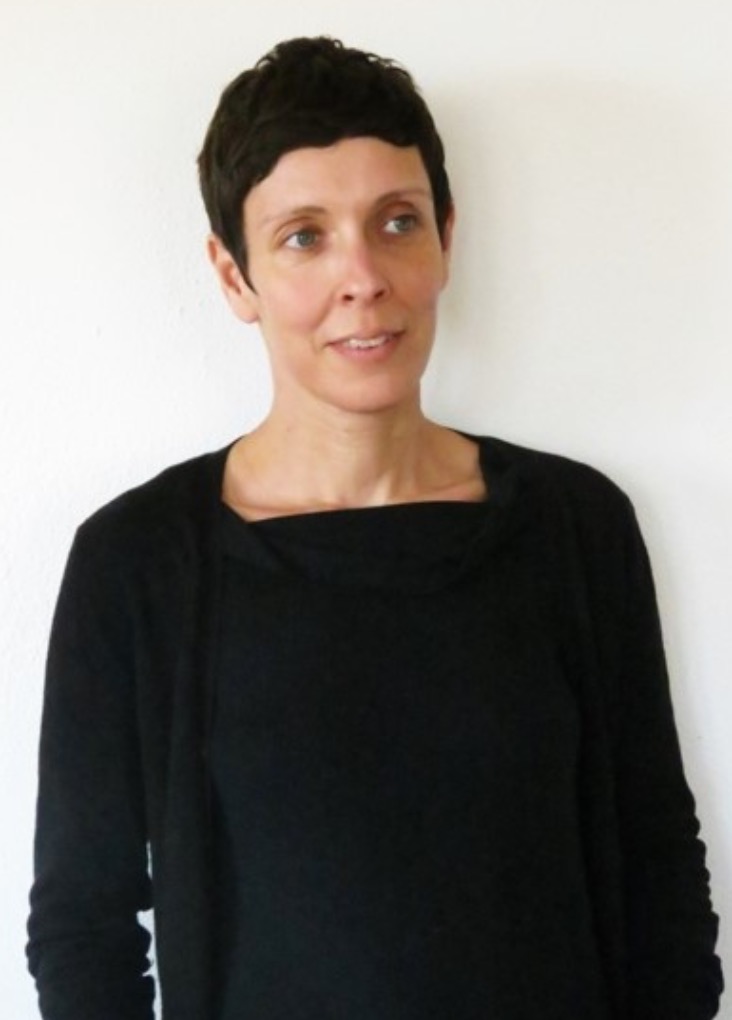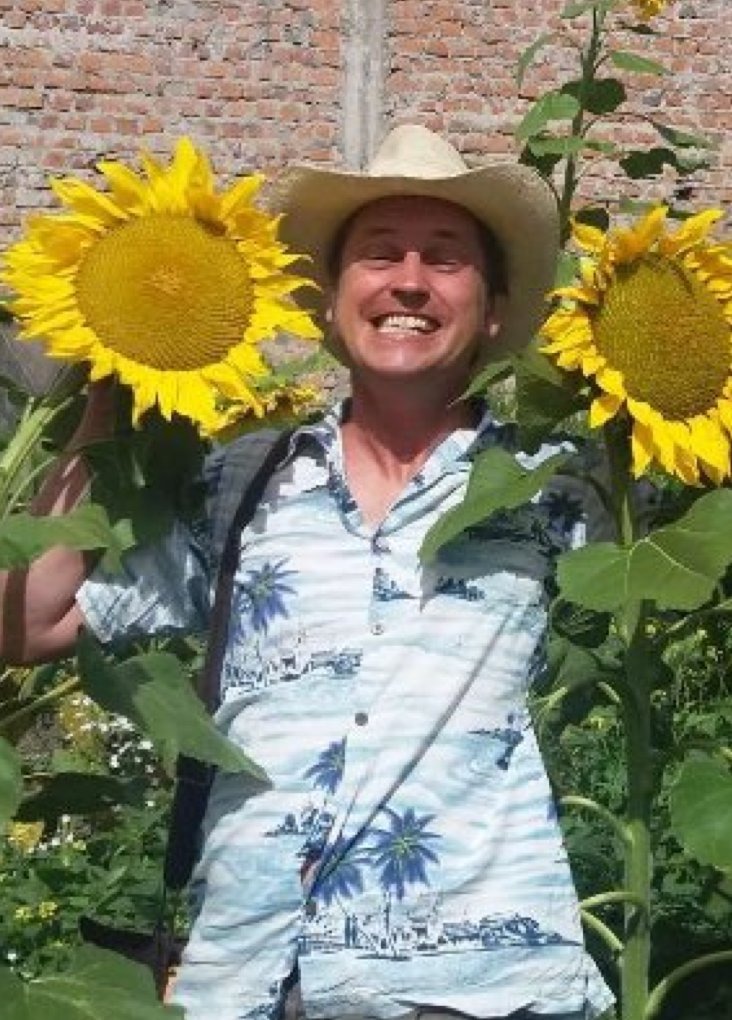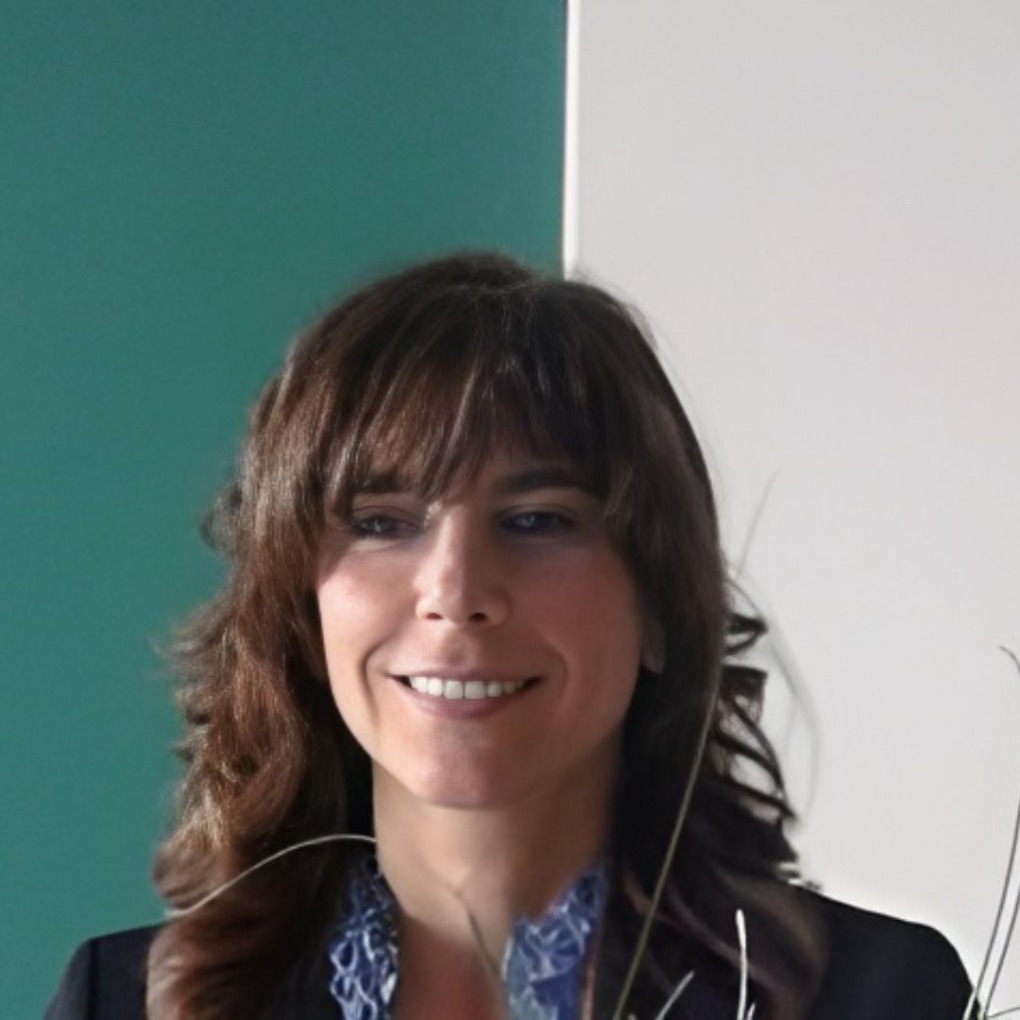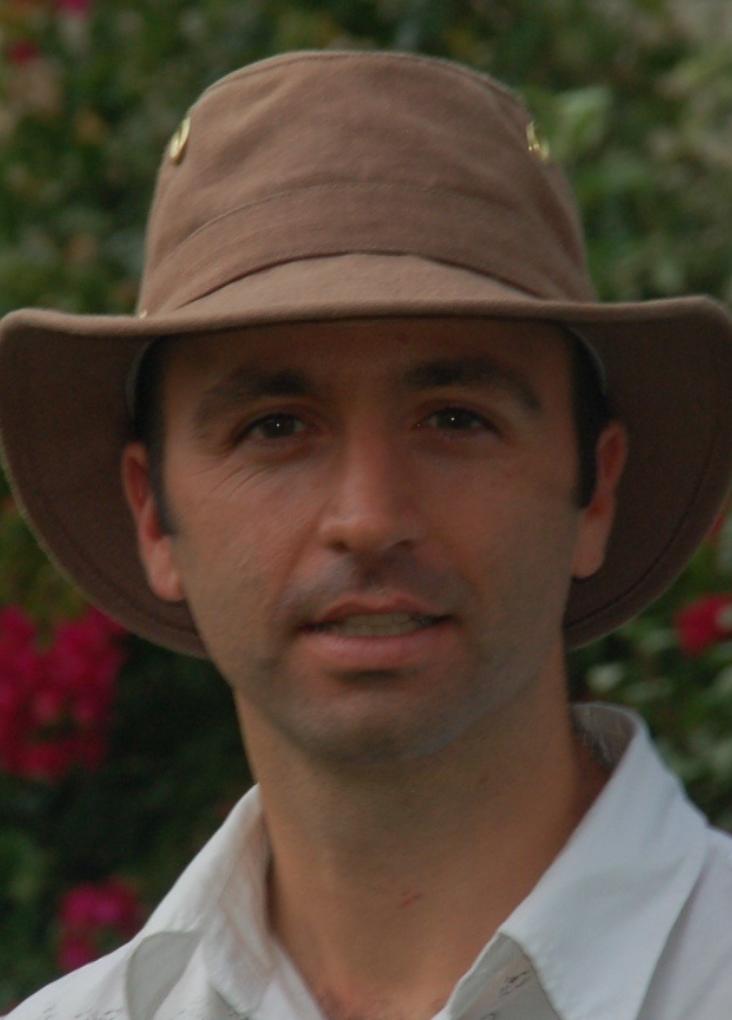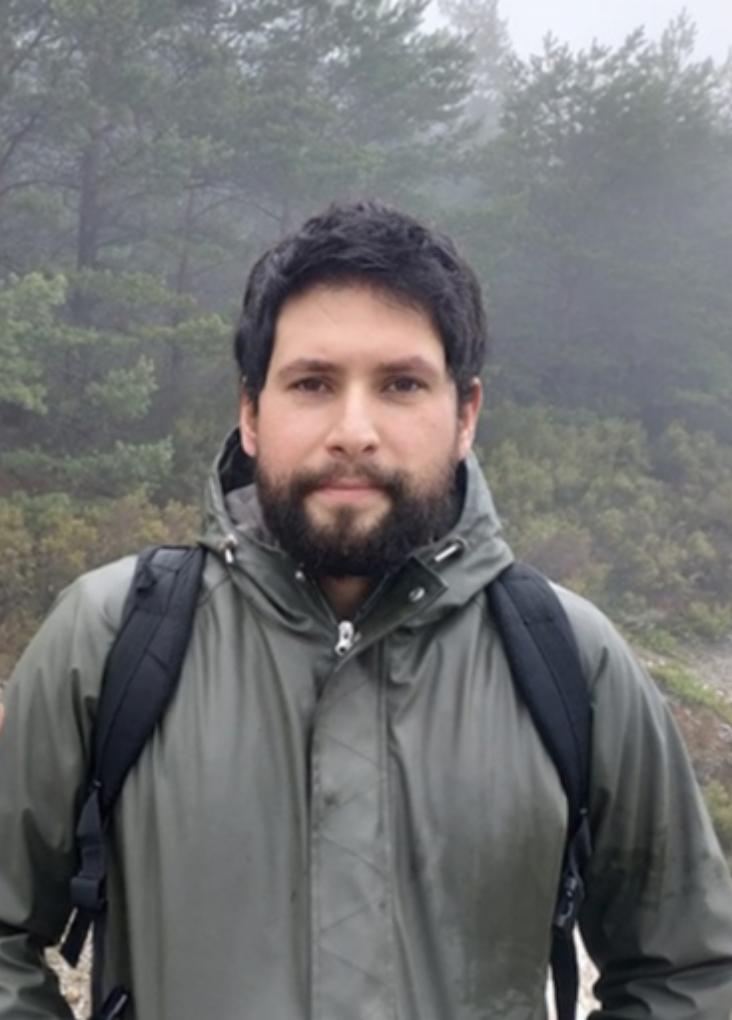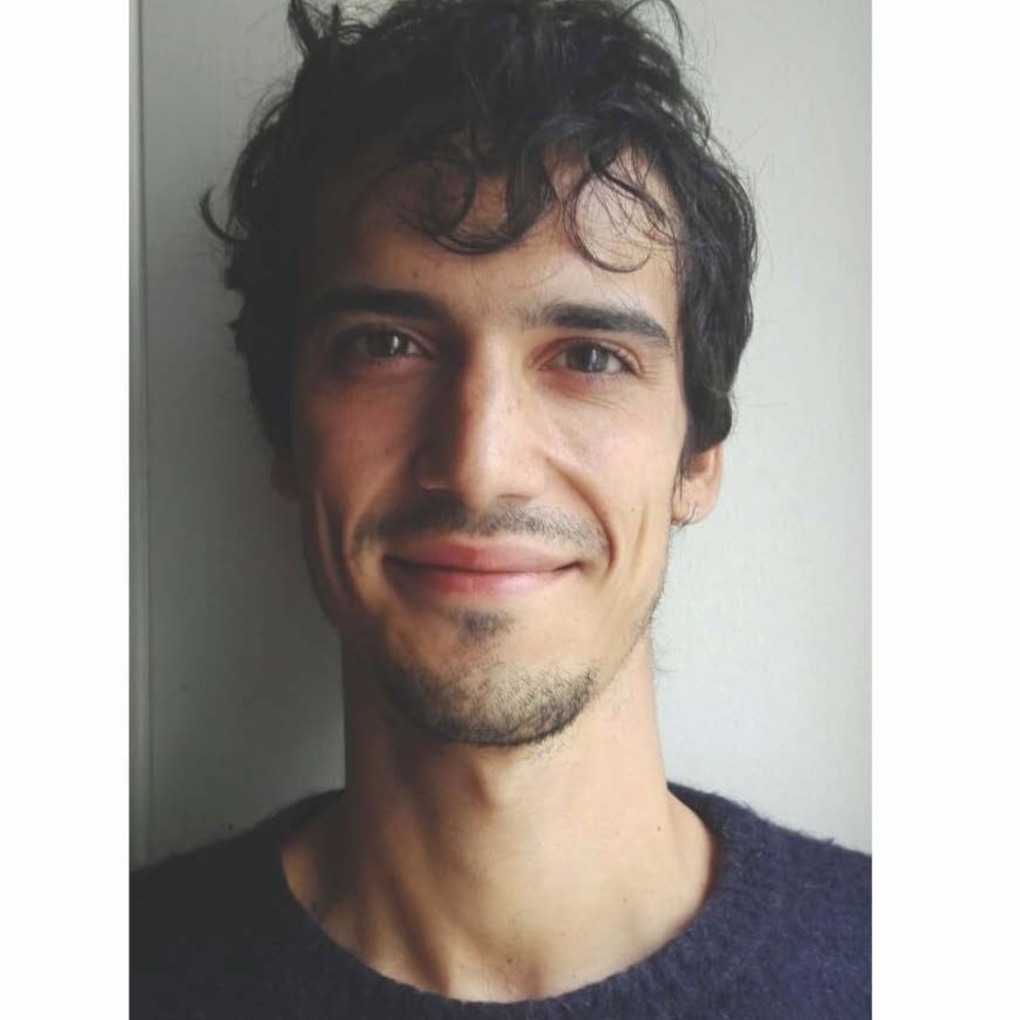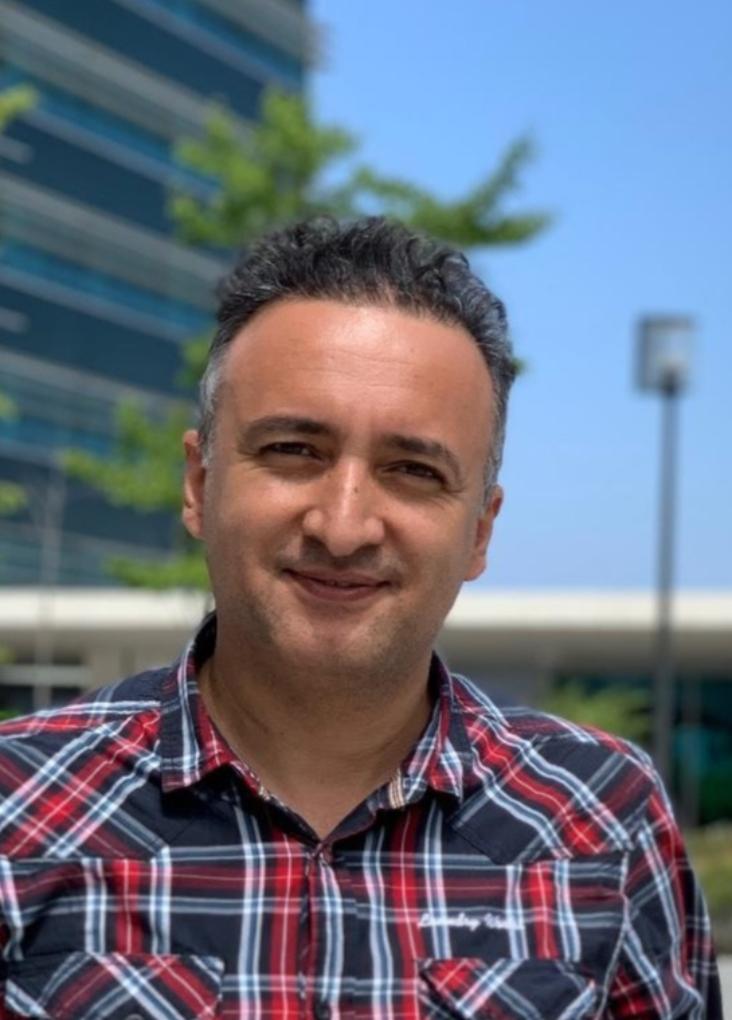Soil, also known as Earth’s skin, sustains terrestrial ecosystems’ functions and services provision. While healthy soils maintain structure and functioning when repeatedly disturbed, human-induced degradation (e.g. soil erosion, contamination, loss of soil organic carbon) is compromising soil resilience and our ability to sustainably produce food and preserve life on Earth. Thus, to effectively maintain (or restore, if needed) ecosystem function and biodiversity while sustainably managing landscapes, we need to advance our knowledge of soil and its relations with the aboveground (e.g. plants, animals).
The mechanistic understanding of these plant-soil interactions, from gene to landscape, is key to delivering excellent science to managed and natural environments. To break through fundamental and applied ecology, the Plant-Soil Ecology (PSE) group combines an increasingly transdisciplinary strategy, experimental testing of unifying concepts, and novel methodological approaches.
PSE focuses on fundamental processes underpinning plant physiology, plant-soil feedbacks, soil organic matter turnover, nutrient cycling, GHG fluxes, microbiomes, trophic interactions, and soil health.
We share our science using a strong training and communication strategy to strengthen the evidence base to support and inform decision-makers, and practitioners in adopting sustainable soil or land management practices. PSE has recognised skills in quantifying chemical, physical and biological processes in plants, microorganisms and soils, their interactions, and how the environment influences these feedbacks. Our expertise contributes to developing management options aligned with the European Green Deal, Soil and Biodiversity strategies, the Zero Pollution Action plan, the European Climate Law and the Green Claims directive. PSE is anchored in TL4, sharing high affinity with the RGs: Plant Biotechnology, Agroforestry Ecology, Plant Functional Ecology, and Natural Products and Applications. PSE also collaborates with RGs from TL1 (Tropical Plants and Systems, Island Biodiversity, Biogeography & Conservation), TL2 (Computational Biology and Population Genomics, Genomics and Evolutionary Ecology of Microorganisms), and TL3 (Biological Resilience).

![/uploads/subcanais2/banners-novo-site-ce3c-40[1].png /uploads/subcanais2/banners-novo-site-ce3c-40[1].png](/uploads/subcanais2/banners-novo-site-ce3c-40[1].png)
